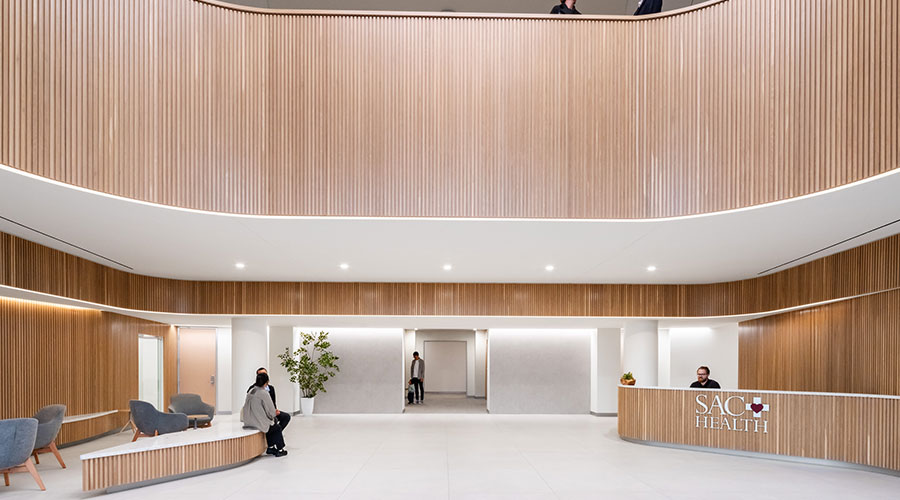Building automation and maintenance
October 28, 2009
I’m Dan Hounsell, editor of Maintenance Solutions magazine. Today’s topic is building automation and maintenance.
When organizations face tough economic times, maintenance and engineering managers often receive one overriding directive: Cut department costs. But that objective often is a complex task, as managers with Pittsburgh International Airport understand all too well.
Fortunately, the airport’s decision to upgrade its building automation system, or BAS, has paid dividends that go far beyond the more common benefits of energy efficiency.
The airport upgraded its BAS in 2002, just as the airline industry was entering a prolonged financial slump. Managers knew the upgraded system would have to meet cost-cutting objectives and energy-efficiency demands.
The arrival of the BAS has translated into benefits that also involve technician productivity and worker efficiency. For example, the BAS streamlines troubleshooting activities by allowing technicians to trend areas to analyze the indoor environment more accurately.
"Trending is probably one of the best things we can do," says Len Boehm, an HVAC supervisor. "If we know we have a problem area, or if we know we have an area where we're over-conditioning, we can definitely go into that right away. We're way ahead of everything, instead of being behind it."
The BAS also directly affects the way technicians look at long-term equipment performance. The system aids technicians in performing thorough preventive maintenance, ensuring strong performance throughout the equipment's life cycle.
"We're checking the zones, we're checking pneumatics, and the (direct digital control) panel's checked,” Boehm says. “Even the air that feeds our pneumatic electronic systems, we're checking that for moisture and oil content."
The new BAS not only has helped the maintenance department become more efficient. It also has helped follow through on the goal of lowering utility costs.
Says Boehm, "One of the things we can't afford to do is be behind the 8-ball here because we don't have that manpower that we used to have. This system has made it that much easier. I guess you could call it the 12th man."
Next
Read next on FacilitiesNet







